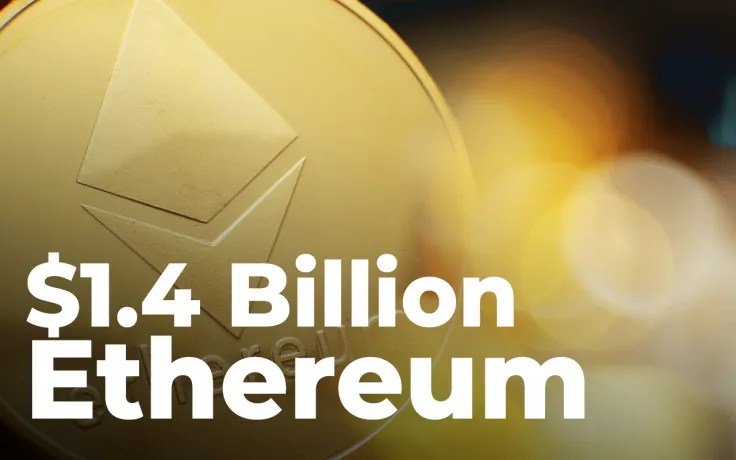
Disclaimer: The opinions expressed by our writers are their own and do not represent the views of U.Today. The financial and market information provided on U.Today is intended for informational purposes only. U.Today is not liable for any financial losses incurred while trading cryptocurrencies. Conduct your own research by contacting financial experts before making any investment decisions. We believe that all content is accurate as of the date of publication, but certain offers mentioned may no longer be available.
Ethereum traders and investors moved a massive volume of Ethereum from various centralized exchanges, according to Glassnode data.
Large inflows in the last 24 hours are falling under the general outflows trend fueled by the growing popularity of DeFi apps. In addition to the returned popularity of the DeFi industry, Ethereum staking is facing massive funds inflows, with more ETH being locked in staking contracts every day.
DeFi on the rise
According to DeFi apps and blockchain tracker DeFiLIama, the total value of funds locked on the Ethereum network increased from approximately $107 billion to $121 billion in the last 10 days.
Alternative networks like Cardano and Solana are also facing a massive increase in DeFi solutions. Cardano's TVL hit a new all-time high after the release of another major project on the Minswap chain. The TVL of the network currently stands at $310 million.
Since Ethereum holds the largest number of DeFi apps on its network, traders and investors may choose them over traditional holding or active trading on centralized exchanges. One of the most popular solutions that traders and investors usually use is the liquidity providing service that DeFi platforms offer.
Ethereum staking attracts more investors
Ethereum 2.0 staking contracts that already gained more than 10 million ETH in total value are continuously growing as more Ethereum investors and traders choose stable 12% APY options rather than holding their funds on exchanges.
In addition to the increased popularity of the staking option, cryptocurrency enthusiasts have become more cautious about holding digital funds on centralized exchanges as they may block or seize users' assets in order to comply with the laws of the countries they function in.

 Vladislav Sopov
Vladislav Sopov Dan Burgin
Dan Burgin